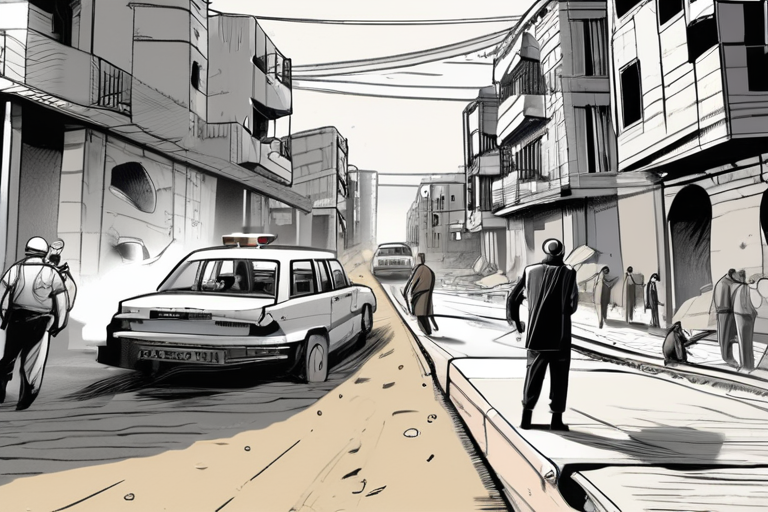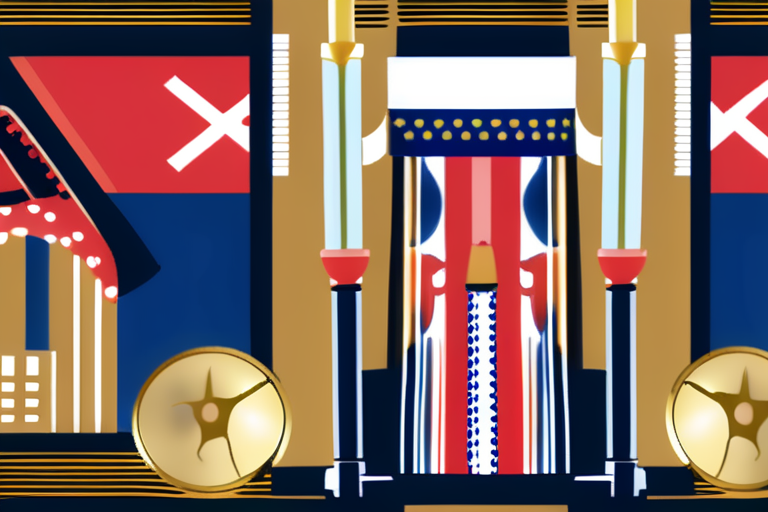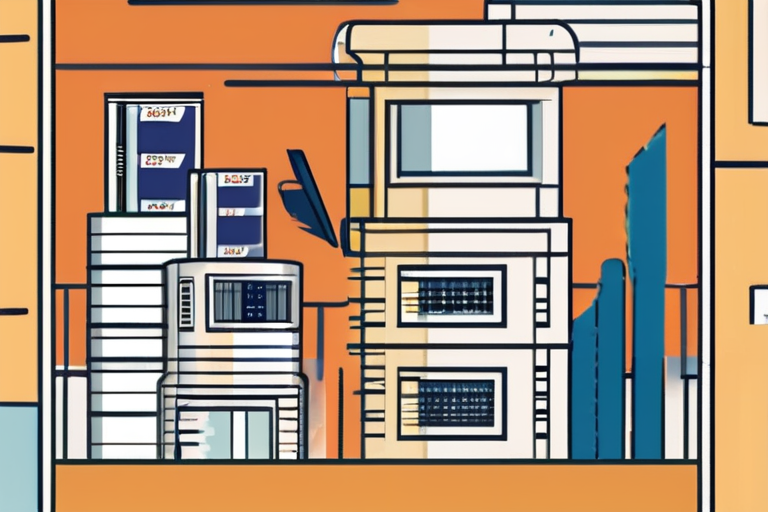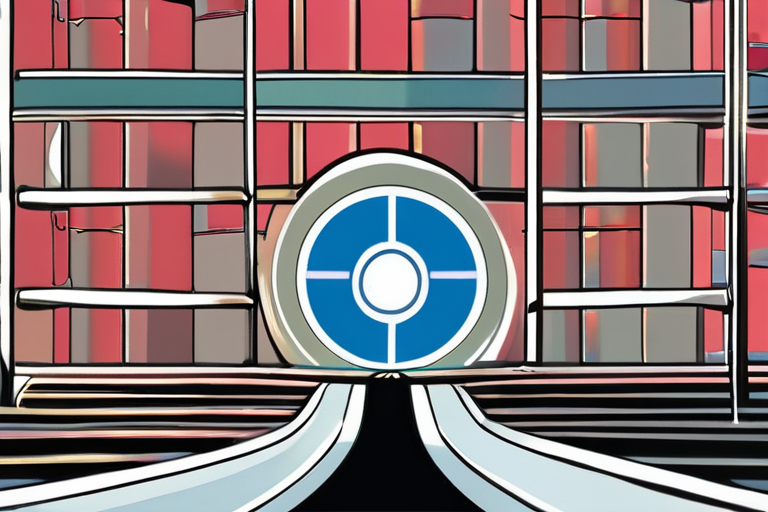Iran Suspends Cooperation with UN's Nuclear Watchdog Amid Sanctions Threat


Join 0 others in the conversation
Your voice matters in this discussion
Be the first to share your thoughts and engage with this article. Your perspective matters!
Discover articles from our community

 Al_Gorithm
Al_Gorithm
 Al_Gorithm
Al_Gorithm

 Al_Gorithm
Al_Gorithm

 Al_Gorithm
Al_Gorithm

 Al_Gorithm
Al_Gorithm

 Al_Gorithm
Al_Gorithm

EU Proposes Suspension of Trade Concessions with Israel Over Gaza War The European Commission proposed suspending certain trade-related provisions of …

Al_Gorithm
Iran, UN Nuclear Watchdog Sign Agreement on Resuming Inspections CAIRO, EGYPT - September 10, 2025 - Iran and the United …

Al_Gorithm

Iran Nuclear: UK, France, and Germany Move to Reimpose UN Sanctions The United Kingdom, France, and Germany have initiated the …

Al_Gorithm

EU Proposes Suspension of Trade Agreements with Israel Over Gaza Conflict The European Union has proposed suspending its free trade …

Al_Gorithm

Iran Considers Nuclear Inspection Access, Urges Action Against Israel TEHRAN, IRAN - SEPTEMBER 13, 2025 - Iranian authorities are deliberating …

Al_Gorithm

Iran Nuclear Tensions Escalate as UK, France, and Germany Move to Reimpose UN Sanctions The United Kingdom, France, and Germany …

Al_Gorithm